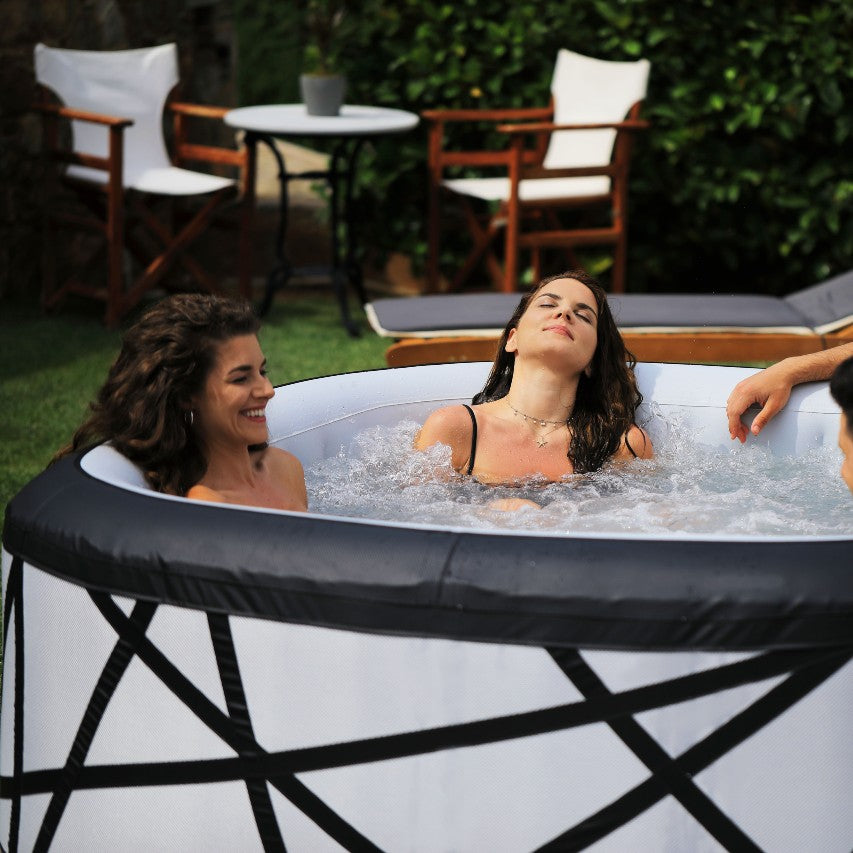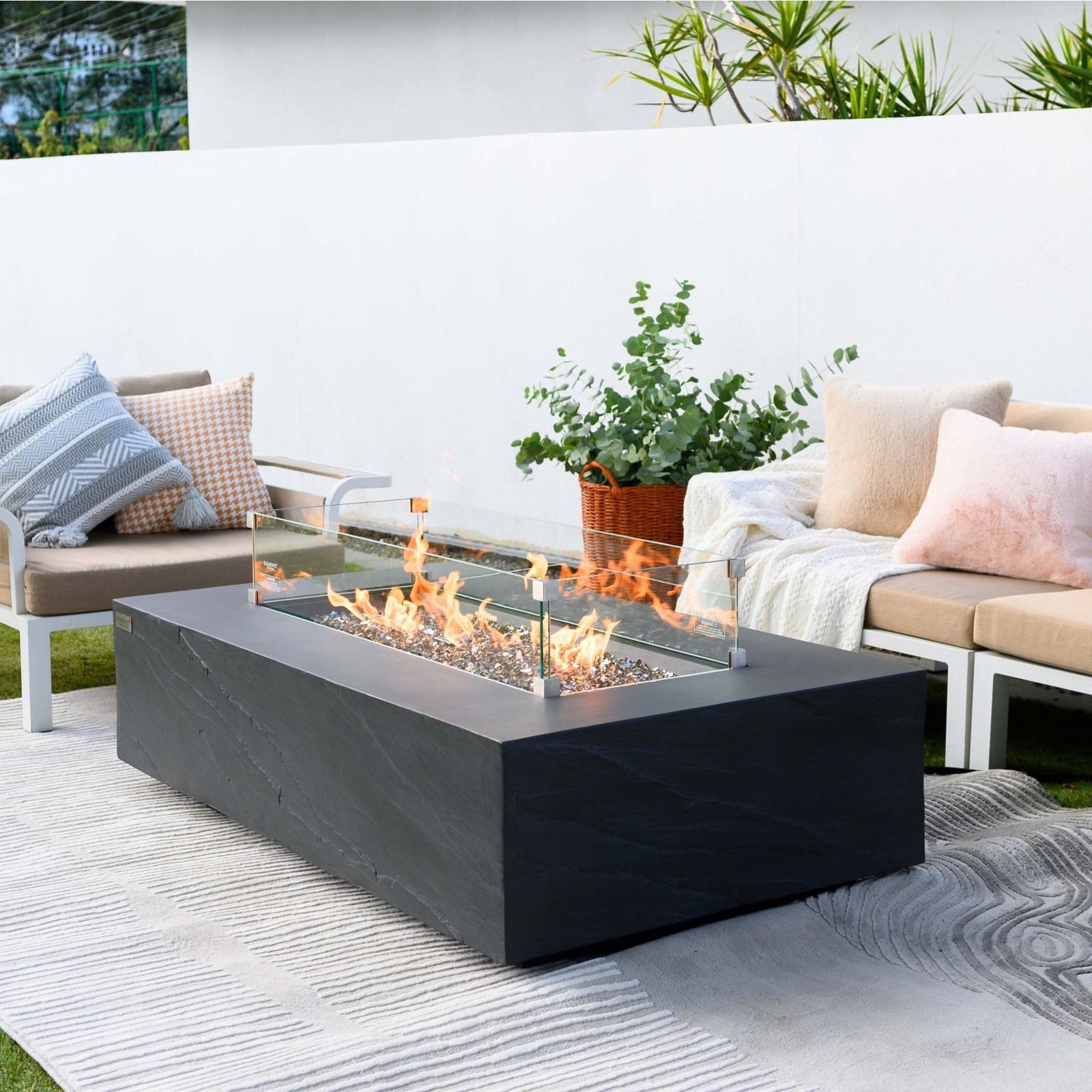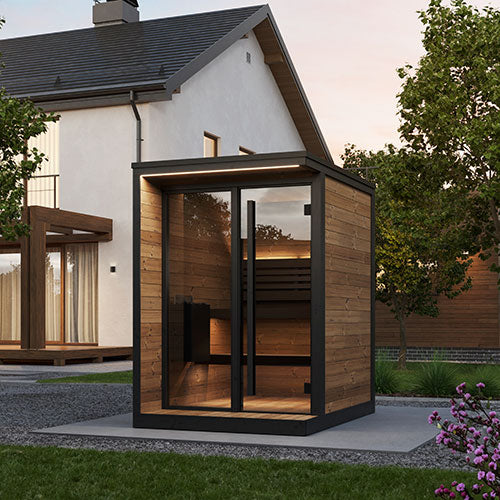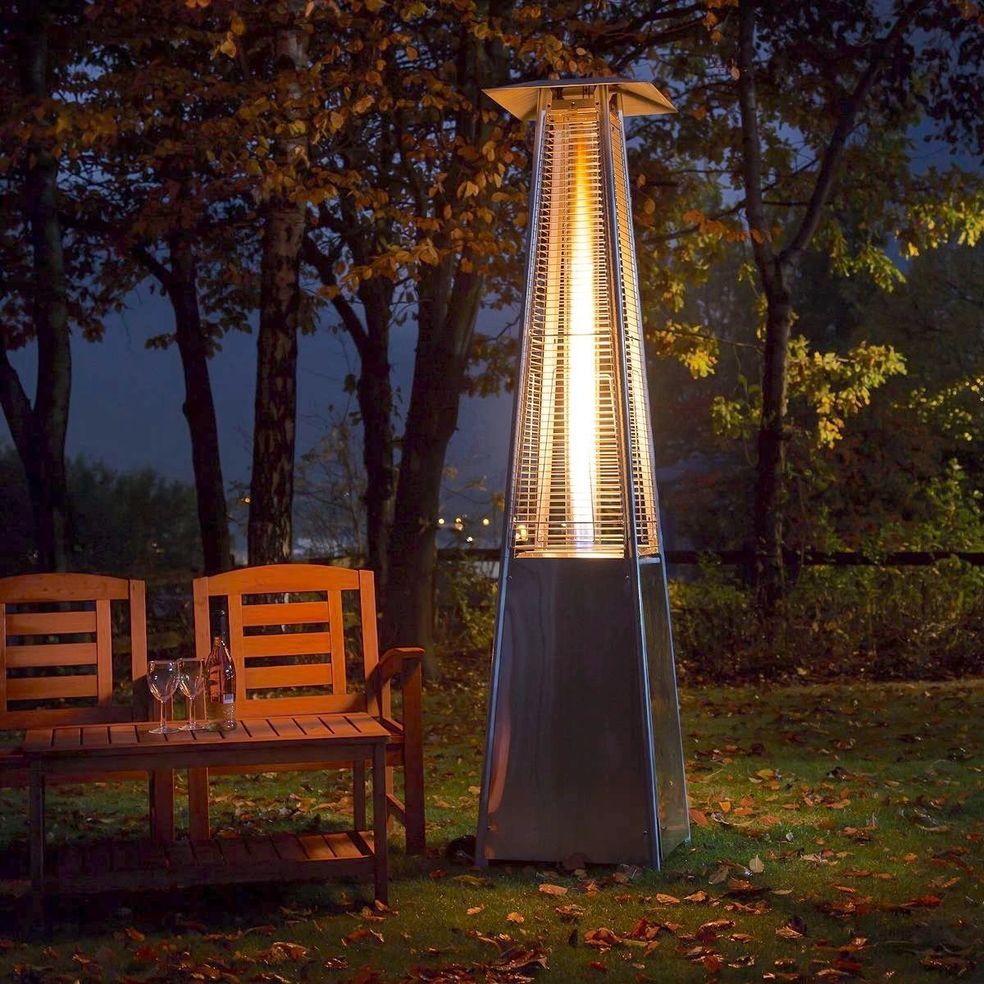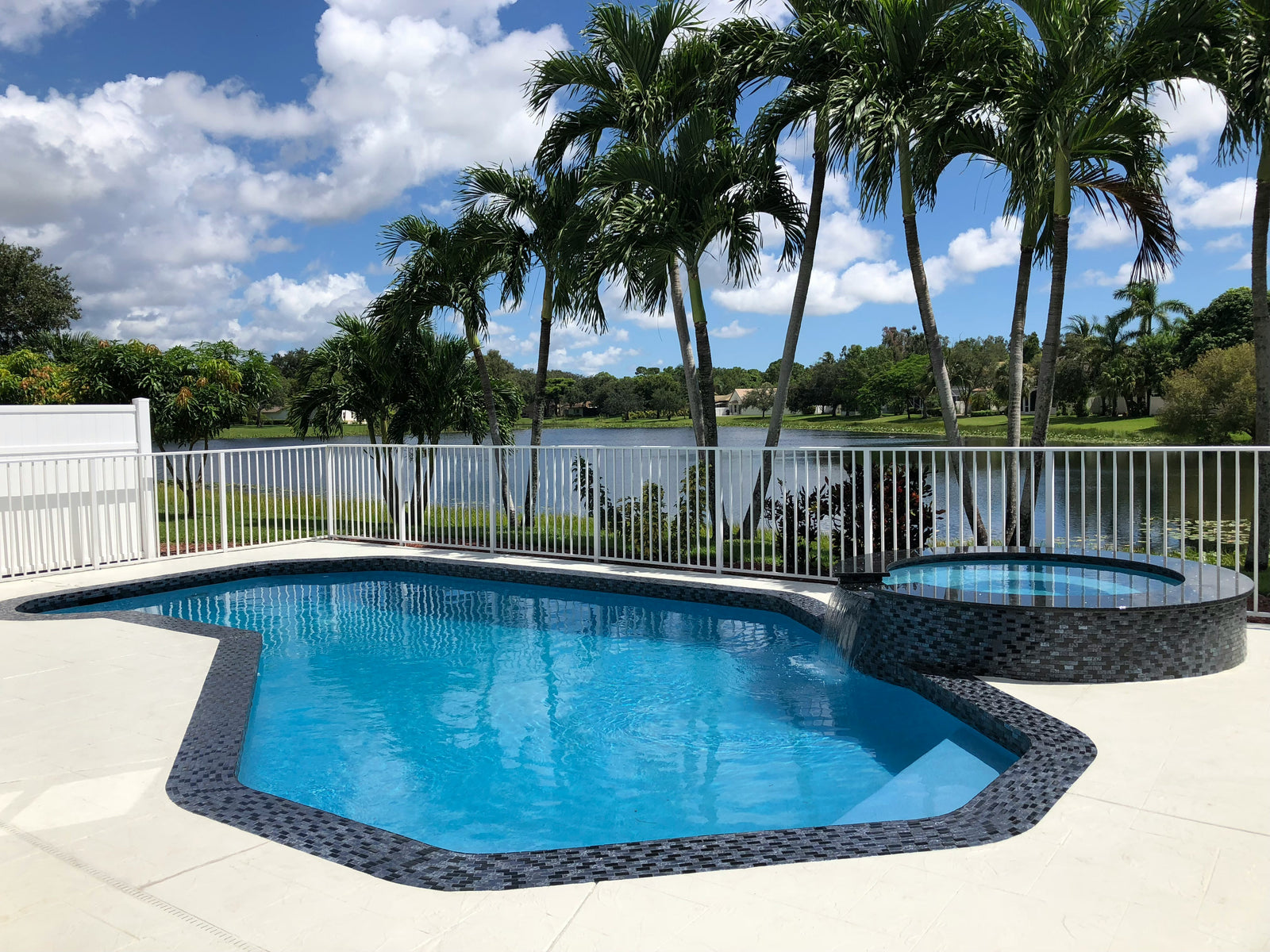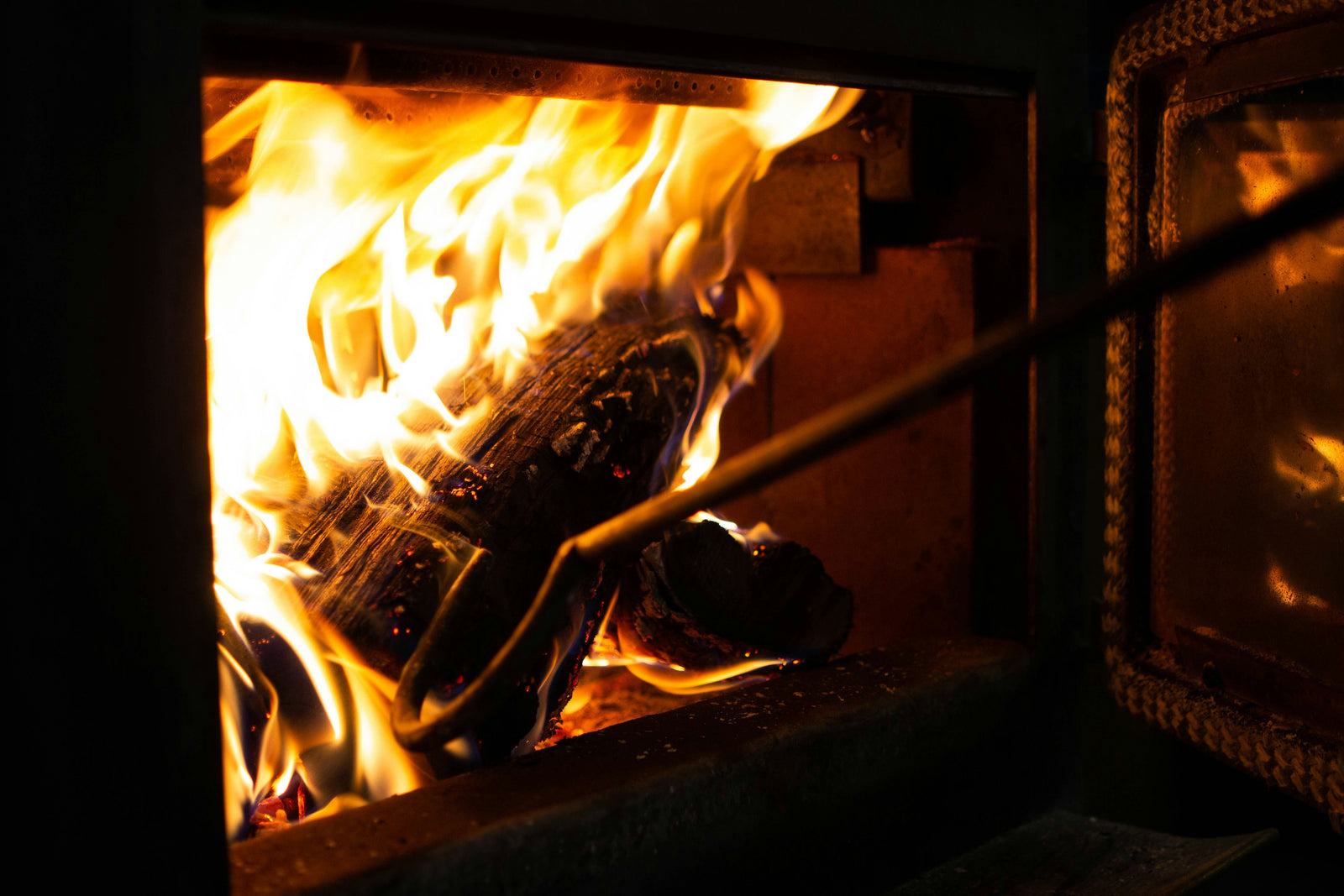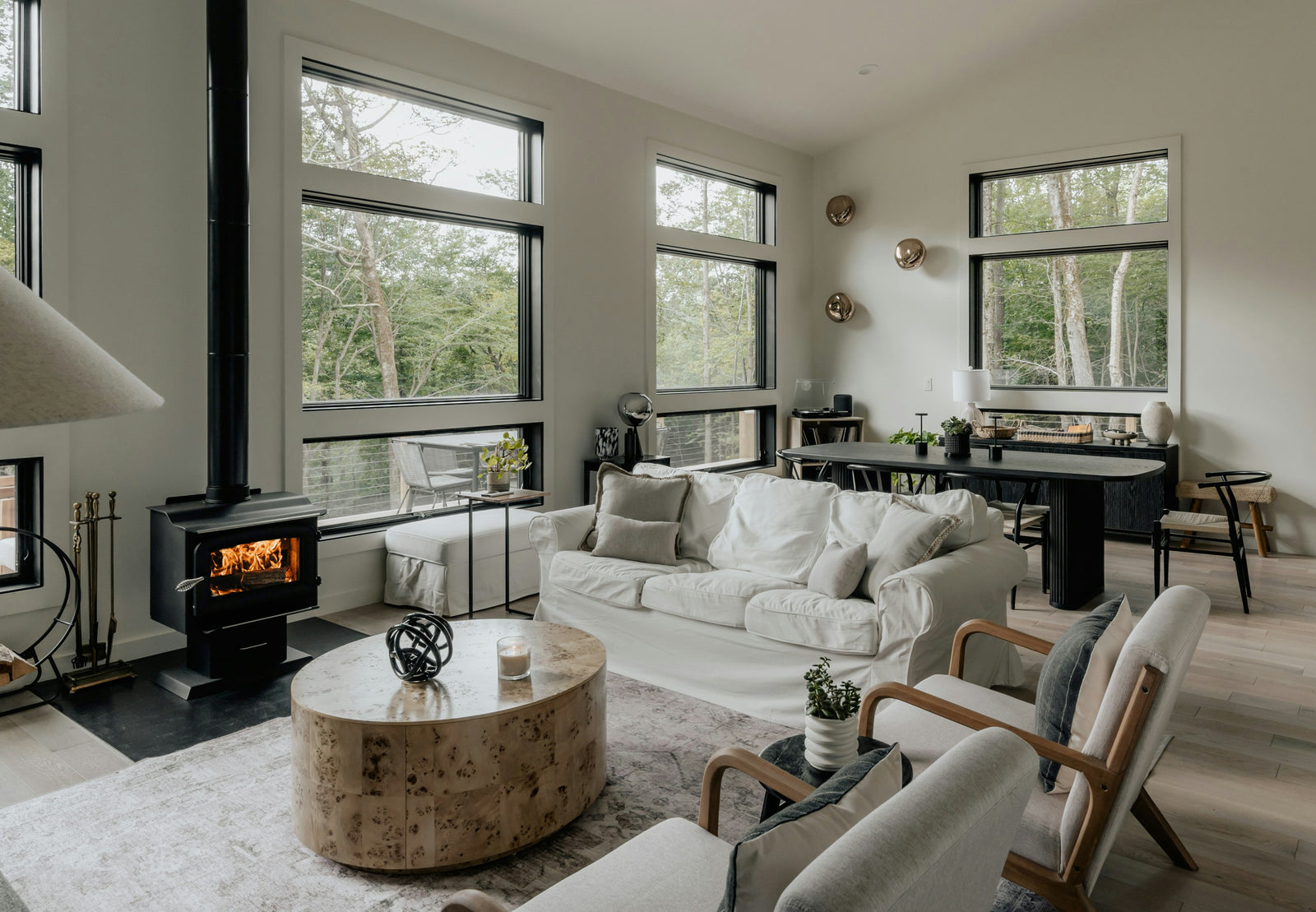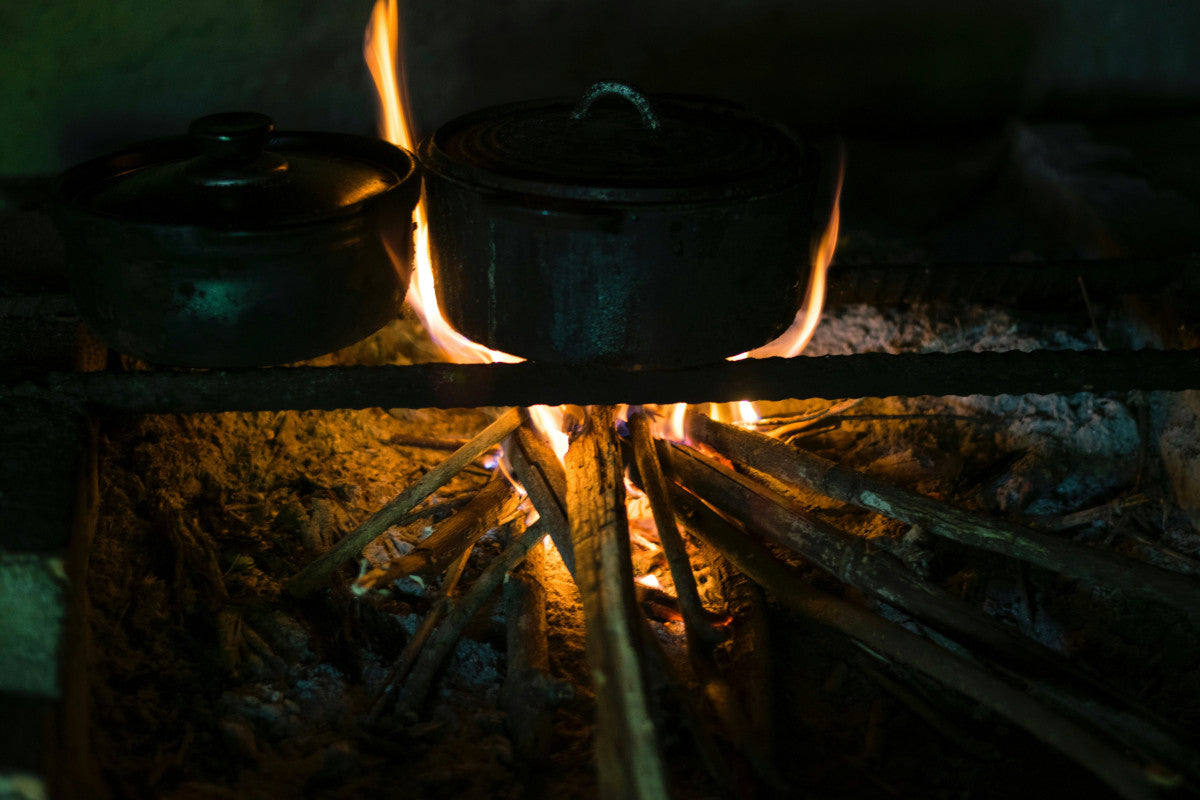Heating your pool shouldn’t take an eternity - but the more you watch the clock, the longer it’ll feel like it’s taking. Whether you’re looking to take a solo dip or you have guests over and don’t want them to be uncomfortable, time is of the essence.
So, how long does it take to heat a pool?
There’s no one-size-fits-all answer, with factors like heater type, local weather, pool size, and whether you use a cover all playing a role in how long to heat a pool. That’s why we’ve created this guide to help you gain a sense of what you can expect.
But in general, heating your pool could take anywhere from a few hours in warmer, sunny climates to an entire day or even multiple days in cooler locations.
While there’s not much you can do to speed things up, there is one solution if your patience is wearing thin: upgrade to a better pool heat pump at OutdoorDirect.
We carry the entire AquaCal pool heater lineup, from the high-performance AquaCal HeatWave SuperQuiet Heat Pump to the more budget-friendly AquaCal TropiCal Heat Pump.
Investing in these top-tier heaters is like pressing the fast-forward button on your pool heating process. Learn more today!
How Long Does it Take to Heat a Pool?
So, how long does take for a pool to heat up? You can reasonably estimate that your pool will take between 8-48 hours to raise its temperature by 10-20 degrees Fahrenheit. This is assuming you have an average-sized pool of between 15,000-20,000 gallons and live in a moderate climate.
We know what you’re thinking - that’s pretty a broad range. So, use this chart below to gain a better understanding based on your pool’s current temperature, the type of heater you’re using, and assuming an ideal temperature range of 80 degrees Fahrenheit:
Starting at 50°F
- Gas Heater: 18-36 hours
- Electric Heat Pump: 36-48 hours
- Solar Heater: 48-72 hours
Starting at 55°F
- Gas Heater: 16-32 hours
- Electric Heat Pump: 32-44 hours
- Solar Heater: 44-68 hours
Starting at 60°F
- Gas Heater: 14-28 hours
- Electric Heat Pump: 28-40 hours
- Solar Heater: 40-60 hours
Starting at 65°F
- Gas Heater: 12-24 hours
- Electric Heat Pump: 24-36 hours
- Solar Heater: 36-52 hours
Starting at 70°F
- Gas Heater: 10-20 hours
- Electric Heat Pump: 20-32 hours
- Solar Heater: 32-48 hours
Starting at 75°F
- Gas Heater: 8-16 hours
- Electric Heat Pump: 16-24 hours
- Solar Heater: 24-36 hours
Factors Influencing How Long Does It Take to Heat a Pool

Let’s unpack all the factors playing a role in your pool heating timeline to help you gain a better understanding of how long to heat a pool on average.
Your Specific Pool Heater
The type of pool heater you use is a fundamental factor in heating efficiency. Pool heaters come in various forms each with its own set of characteristics. Here are the most common:
- Gas heaters work by burning natural gas or propane, offering rapid heating regardless of weather conditions. However, their efficiency can vary. Higher-end models may heat pools faster but often at a higher operational pool heat pump cost.
- Electric heat pumps, while slower than gas heaters, maintain temperature more efficiently over time. They extract heat from the air, transferring it to the pool water, which means their performance can dip in cooler ambient temperatures.
- Solar heaters depend on sunlight and are the most environmentally friendly option. They're cost-effective over time but require sufficient solar exposure to be effective, leading to variable heating times based on weather and season.
If you invest in the best pool heat pump, you can safely assume you won’t spend as much time waiting around for temperatures to warm up. That being said, pool heat pump sizing will play a role here as well.
Consider not just the type of heater you’re using, but also the brand. We’ve compared two of the top choices already with a guide comparing and contrasting AquaCal vs Hayward heat pump and Aquacal vs Pentair heat pump. There, you’ll learn that AquaCal offers a more reliable, efficient solution. We’ll talk more about this later on when we offer tips on speeding up the pool heating process.
Local Climate
The difference between your pool’s current temperature and the optimal range you’re looking to heat to influences how long it takes to heat a pool. This is where an understanding of your local climate is essential for setting your expectations.
Heating a pool takes longer in colder climates like the Northeast and those that may not get as much sunshine. Cloudy days and cold nights will cause your pool’s temperature to plummet.
In warmer areas with abundant sunshine, such as Florida, Arizona, and certain parts of California, your pool naturally won’t get as cold. Thus, it’ll reach your ideal temp range faster.
Swimming Pool Size
The volume of water in your pool directly impacts how long it will take to heat. Smaller pools or spas can heat up relatively quickly, requiring less energy and providing a faster turnaround for those eager to swim.
On the other hand, larger pools containing more water necessitate more time and energy to increase the temperature across the entire pool.
Usage of Pool Covers
Pool covers are not just for keeping debris out. They also play a crucial role in heating efficiency as they can reduce heat loss due to evaporation, which is a major cause of energy wastage in outdoor pools.
Covers can also help retain the heat you’ve added during the day throughout the night or on cooler days, thereby reducing the overall time and energy required to heat the pool again.
This is why you’ll find that it’s typically more cost-effective to run your pool heat pump a little bit every day to maintain a certain temperature rather than letting it drop until you’re ready to use it.
Other Factors
On top of these considerations, there are a few other elements that influence how long to heat a pool:
- Insulation: Pools with better insulation retain heat more effectively, reducing heating demands.
- Wind exposure: Pools in windy areas can lose heat quickly due to increased evaporation, necessitating more heating time.
- Pool material and color: Dark-colored pools can absorb heat faster, while materials like concrete or stone can retain heat longer compared to a vinyl liner.
With a solid grasp of these factors, you can start to narrow down a more accurate timeframe for how long it will take to warm your pool. We’ll share some specific insights for the pool heating timeframe below.
How Can I Heat My Pool Water Faster?

Even if you only have to raise your pool by 5 degrees Fahrenheit, you could find yourself waiting half a day or longer to get to the ideal range.
But, remember that part of what makes a pool heat pump such a great investment in your outdoor enjoyment is that it keeps your pool near the range you want it at - so after the initial heating process, you won’t have to wait nearly as long.
Still, you want to know if you can speed things up. How can I heat my pool water faster? There are a few things you can try, some of which may involve a complete system overhaul.
Upgrading Your Heating Solution
The most obvious solution is to upgrade to a more powerful pool heat pump - if you can justify the investment. Electric heat pumps with higher BTU (British Thermal Unit) ratings heat the pool faster while using energy more efficiently.
We mentioned earlier that AquaCal makes the best pool heat pumps on the market, but which series is right for you between the HeatWave SuperQuiet and the TropiCal lineup? It comes down to your budget.
The AquaCal HeatWave SuperQuiet series defines luxury in pool heating. It’s ideal if you are willing to pay more for a quieter solution and higher efficiency. You’ll also gain access to advanced features like the ThermoLink Titanium Heat Exchanger for exceptional durability and smart controls for effortless management.
On the other hand, the AquaCal TropiCal heat pumps are a budget-friendly solution - that doesn’t mean it compromises on performance or efficiency, though. You’re still getting reliable and energy-efficient heating, perfect for homeowners seeking cost-effective solutions for small to medium-sized pools, ensuring a warm swim without the financial plunge.
Either way, you can rest assured you’re getting an effective, efficient solution. When you shop at OutdoorDirect, you’re also backing your purchase up with world-class customer support every step of the way. Not sure which is right for you? Don’t hesitate to reach out!
Enhancing Insulation
While boosting your heating capabilities is a great first step, working to prevent heat loss is equally important. This will save you more money on your heating costs in the long run while also cutting into how long it takes to heat your pool up.
Utilize thermal pool covers to retain heat when the pool is not in use. These minimize evaporation, the primary cause of heat loss in outdoor pools.
You could also take more proactive long-term steps like installing windbreaks such as fences, hedges, or walls around your pool area. This can reduce wind speed and, consequently, evaporation and heat loss.
Patience is a Virtue!
But ultimately, there is always going to be some waiting period for heating your pool. We know you’re excited to dive into the water headfirst, so just be sure to start the heating process well in advance of when you want to use the pool.
Keep your heater running on a set schedule so that temperatures don’t drop too far. Implementing a smart pool management system allows for better control over heating.
You can also schedule heating during off-peak hours or when optimal sun exposure for solar heating is available, maintaining a consistent temperature more efficiently.
And remember - patience is a virtue!

Final Thoughts on How Long to Heat a Pool
So, how long does it take to heat a pool? In closing, the pool heating timeline is influenced by heater type, climate, pool size, and insulation. While gas heaters may warm your pool faster, electric heaters are more cost-effective in the long run.
Whether you need a small pool heat pump or a commercial pool heat pump, an above-ground pool heat pump, a pool heater chiller combo, or even just an AquaCal chiller - Outdoor Direct is your one-stop-shop.
Browse our catalog today and transform your pool heating experience so you spend less time waiting, and more time enjoying!
Still not sure which heat pump is right for you?

